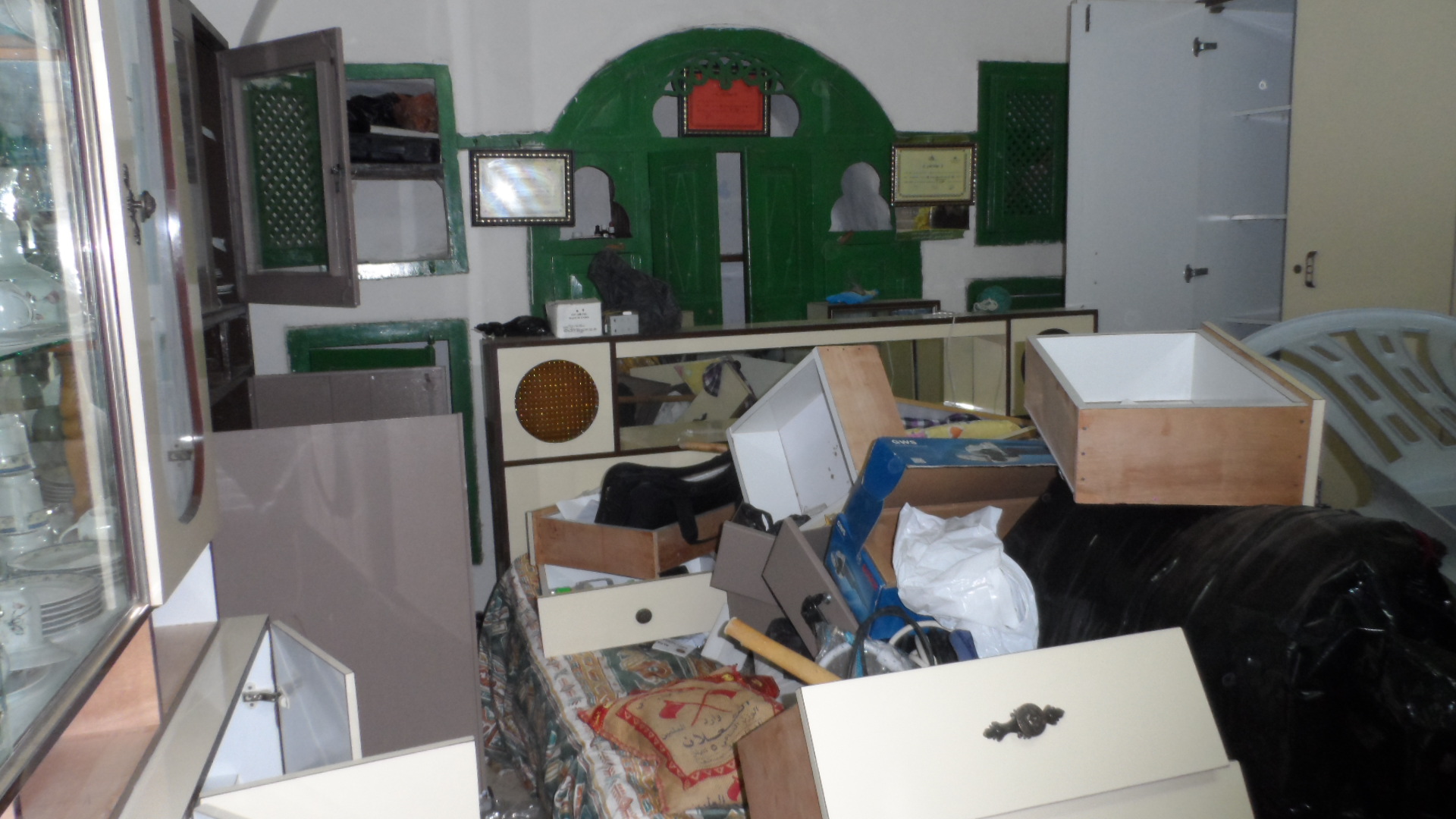Tag: Arrests
-
UPDATE: Two arrested in Nabi Saleh weekly protest
7th June 2013 | International Solidarity Movement, Ramallah Team | Nabi Saleh, Occupied Palestine SECOND UPDATE: The two boys, Tamim & Mo’men have now been released. UPDATE: Tamim (19) and Mo’men (16) Tamimi are currently under interrogation and will remain in prison until at least Sunday. ******* Today’s weekly protest in Nabi Saleh was met…
-
Two men arrested and a woman hospitalised in Hebron house raid
3rd June 2013 | International Solidarity Movement, Khalil Team | Hebron, Occupied Palestine A 58 year-old Palestinian man and his 28 year-old son were arrested and his wife hospitalised after Israeli soldiers invaded their home, smashing furniture and breaking electronic goods over a three hour period. Four more houses within the same building were also…
-
Two Palestinian fishermen arrested in Gaza waters and their boat confiscated
28th May 2013 | International Solidarity Movement, Gaza Team | Gaza, Occupied Palestine Mahmoud Mohammed Zayed, 25, and his brother Khaled, 24, are two young fishermen of Gaza. At about 9pm on Sunday, May 19th 2013, they were fishing on their small rowing boat in the waters north of the Gaza Strip, in front of…

